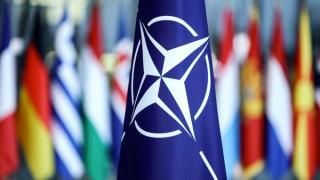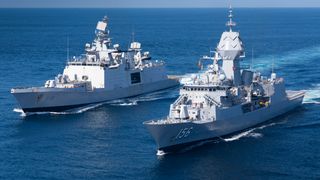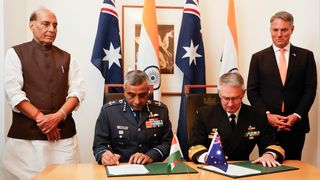Russia’s invasion of Ukraine on 24 February altered the European security architecture for generations to come. One clear piece of evidence of this: Finland and Sweden announcing they will be formally applying for membership in the NATO alliance – ending their decades-long neutrality and elevating their NATO engagement from Enhanced Opportunity Partners, alongside Australia, to fully fledged members.
With Finland’s membership in NATO more than doubling the length of the alliance’s borders with Russia, how does this change NATO’s relationship with Russia? Given the significant military resources consumed in Ukraine, are NATO allies decreasing their focus or resourcing in the Indo-Pacific? How has Australia’s engagement with NATO changed since 24 February?
To discuss these issues, the United States Studies Centre hosted a webinar discussion with USSC Senior Lecturer in US Politics and Foreign Policy Dr Gorana Grgic in conversation with incoming USSC CEO Dr Mike Green.








